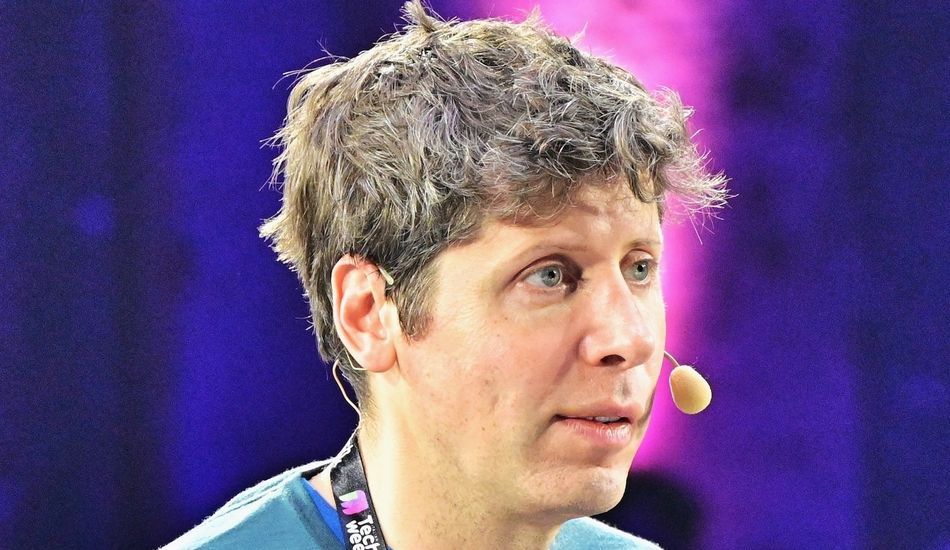
OpenAI's Stance on Government Aid: Clarifying Data Center Funding
So, here's the deal: OpenAI, the company behind all the latest AI buzz, recently had some of its executives discussing the possibility of government support. I know, I know, it sounds like they were hinting at needing a bailout, especially considering their massive investments in data centers. But hold on, because they're saying that's not what they meant at all.
It all started when OpenAI's CFO, Sarah Friar, mentioned something about expecting the government to provide a "backstop" for their data center infrastructure. Then, Sam Altman chimed in, suggesting the government might end up as the "insurer of last resort" for AI's economic impact. Sounds a bit fishy, right? Like they're paving the way for a safety net in case their ambitious plans don't pan out.
However, both Friar and Altman have since walked back those statements. Friar claimed her "backstop" comment was misinterpreted and that she simply meant that collaboration between the private sector and government is necessary for American technological strength. Altman also insisted that they don't want government guarantees for their data centers. He clarified that they were only interested in loan guarantees to support semiconductor manufacturing in the US.
To add another layer to this, David Sacks, the AI czar, jumped into the conversation, stating firmly that there would be no federal bailout for AI companies. Instead, he emphasized the government's focus on easing regulations and improving power generation to facilitate rapid infrastructure development.
While everyone seems to be on the same page now, the initial comments definitely raised some eyebrows. It's understandable to wonder if OpenAI's massive spending on data centers is sustainable and whether they might need a safety net. However, it seems that OpenAI is committed to financing the buildout themselves, and the government is focused on creating an environment that encourages technological growth.
Source: Gizmodo